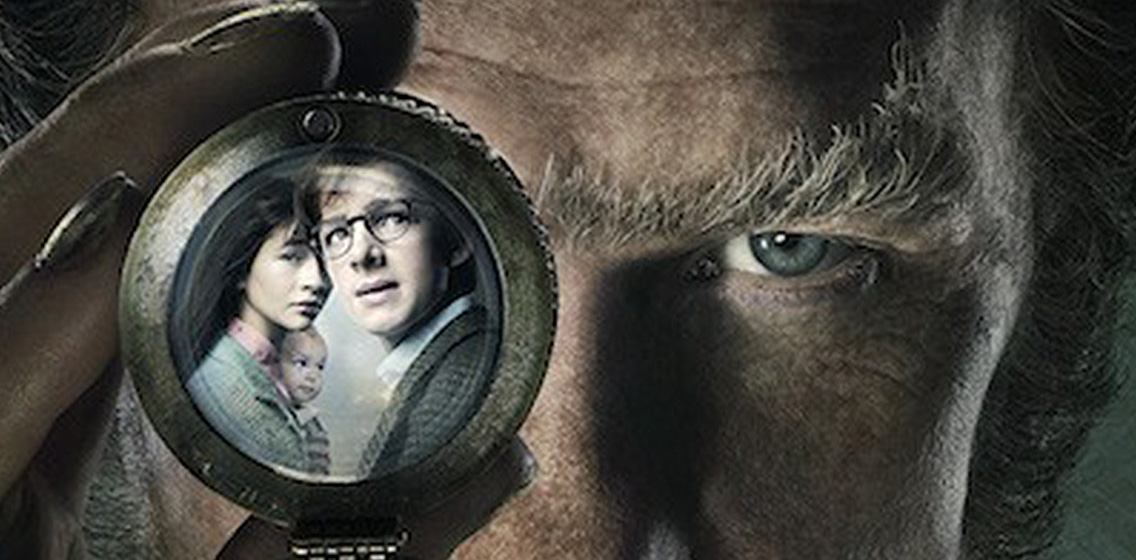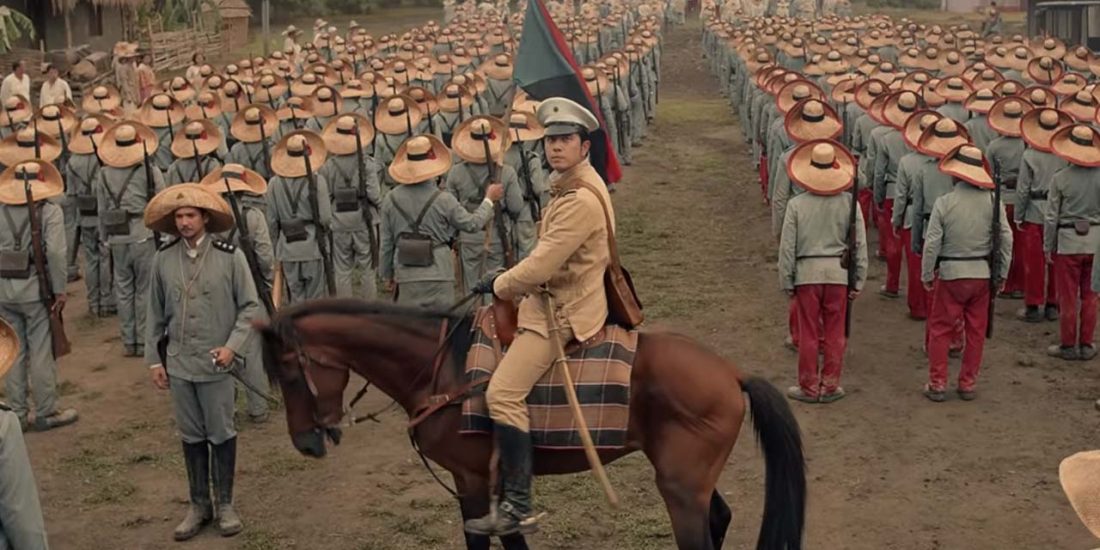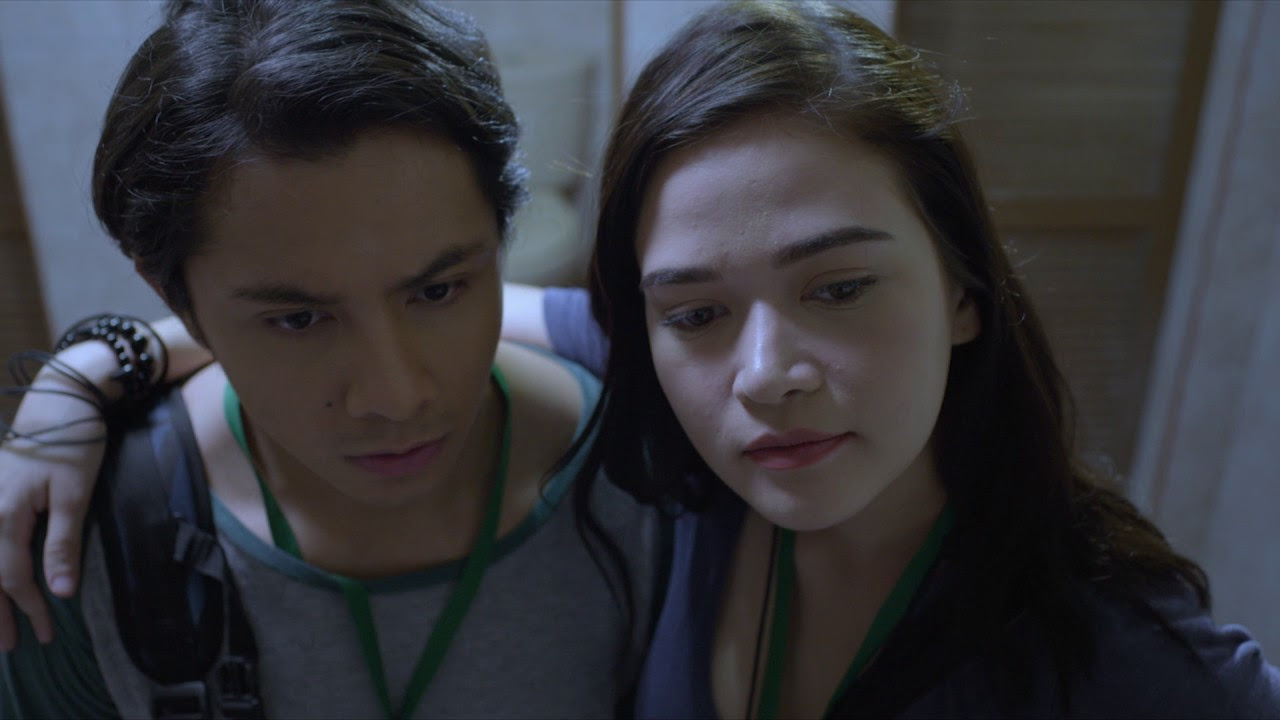A Series of Unfortunate Events: An oddly convincing adaptation

Disclaimer: Before we begin on how Netflix has committed an awfully huge mistake this January, we want to give you—the depressed, stressed, and solitary readers—a heads up to read something else instead rather than delving into this review about the lives of catastrophic children commodified in a TV adaptation. We are righteously absolving ourselves of liability should you come across a series of misfortunes, miseries, and woes from reading this review about a remarkably miserable TV series of a miserably remarkable book.

Friday the 13th—it was an unlucky day indeed when Netflix released the TV adaptation of Lemony Snicket’s A Series of Unfortunate Events on January 13, remained faithful to the books at its core—a feat the 2004 film franchise failed to do. With its brilliant executive producer, Barry Sonnenfeld, the same director of the eerie Tim-Burton-esque The Addams Family, together with Daniel Handler, the author of the series, collaborated with other talented producers and actors to project the lives of the Baudelaires onto the TV screen.
This dreadful story of three children—Violet, Klaus, and Sunny Baudelaire—trying to pick up their lives after their parents have perished in a terrible fire has brought back far too much nostalgia of misfortunes to the fans of the books. Encompassing the first four books of the series—namely The Bad Beginning, The Reptile Room, The Wide Window, and The Miserable Mill—Netflix’s adaptation of this phenomenal series delightfully presents it in a visually appealing format, from its dark-childhood-themed cinematography to the black comedic storyline, ostensibly faithful to the actual books.

Like any other show or series, the diverse personalities of the characters are often indispensable—a word here that means “absolutely necessary”—in the overall course of the show’s storyline. Similarly, renowned theatre actor and Barney from How I Met Your Mother, Neil Patrick Harris projects a decent but more developed characterization of Count Olaf considering he plays a wicked actor that’s contrary to him in real life—an endearing way of portraying the books cinematically. On the other hand, just as the Baudelaires’ lives change as the story progresses, Malina Weissman (Violet), Louis Haynes (Klaus), and Presley Smith (Sunny) introduce a remarkably new face and character to the Baudelaires, which is noticeably far different from the 2004 film adaptation, yet still with a clearly but refreshingly new depiction of the Baudelaires’ cleverness and ingenuity taken from the books.

Alluringly grasping the nostalgia and all the feels from the books up to the 2004 film, Netflix’s adaptation of Handler’s phenomenal series invites everyone to dive into the rabbit hole of childhood fears and adventures and bringing to life extraordinary experiences as we all literally and figuratively grow up—may it be satisfyingly lucky or unbelievably unfortunate.





